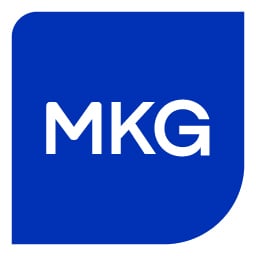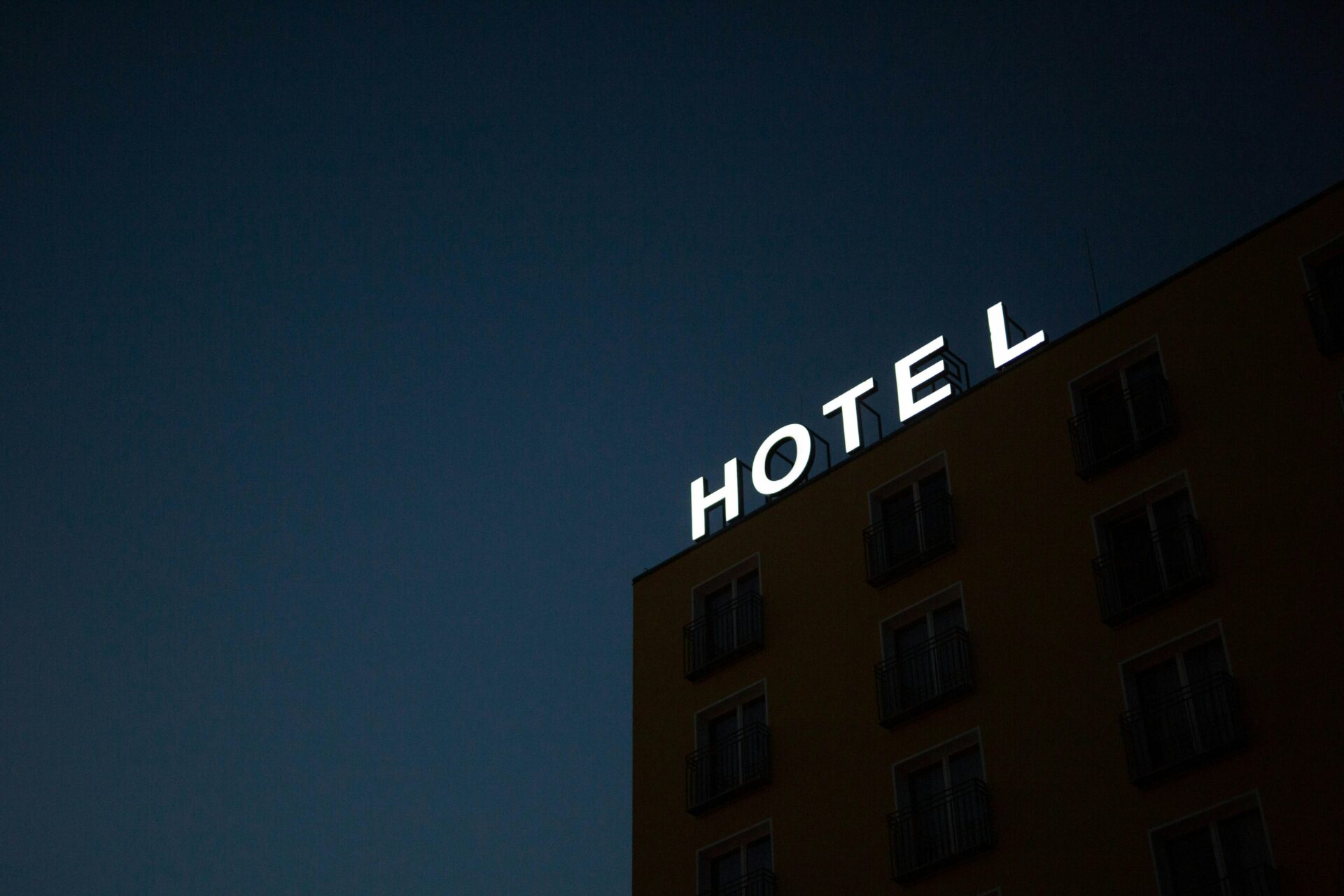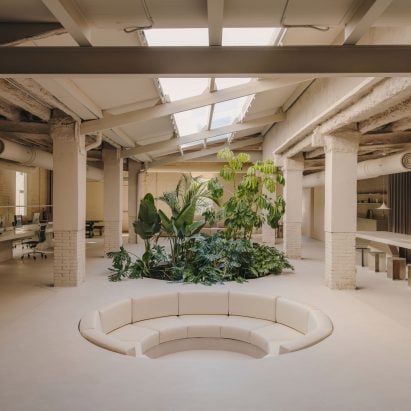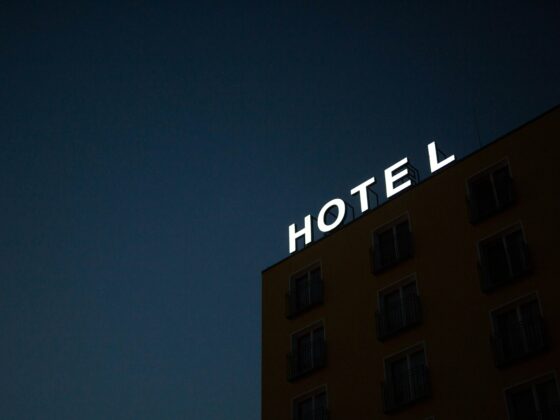European hotels are seeing their visitor numbers erode in July 2025, even in traditionally attractive leisure destinations. Consumption patterns, the economic and political context are evolving, and the hospitality sector is directly facing these changes during this peak summer season for leisure destinations.
Part of this clientele, who can still plan summer vacations, is turning to alternative accommodations like seasonal rentals between private individuals. Eurostat reported a strong growth in bookings via seasonal rental platforms in 2024, a trend expected to continue into 2025. Read MKG’s article on this topic on Hospitality ON.
Overall, the occupancy rate across all categories is up by 1.3 points compared to July 2024, with the mid-range and upscale segments showing the best RevPAR growth (respectively +2.1 and +1.8 points). In terms of average daily rates, however, the trend is downward, with a 4% decrease in the analyzed pool and a larger decline for the economy segment, whose clientele is more price-sensitive (-5.4%). Overall, the European hotel market loses 2.3% in RevPAR compared to July 2024, with the most significant losses naturally occurring in the economy segment.
— Source: par Hospitality ON
The sun shone, but not everyone took advantage of it
RevPAR in Spain grew by 3.3%, driven by a stable occupancy rate (up by 0.5 points) and maintained ADR (+2.7%). Coastal destinations continue to attract a loyal tourist clientele. However, professionals’ enthusiasm is waning as growth slows significantly.
A different story in Portugal and Italy. Italian hoteliers saw their occupancy rate drop by 1.1 points despite a 4.4% decrease in ADR. These performance declines led to a 5.4% drop in RevPAR. In the Portuguese market, occupancy remained stable with a 0.8-point increase, while average daily rates decreased by 2%, resulting in a 1% drop in RevPAR.
Greece capitalizes on its appeal for the summer season and posts the highest RevPAR growth at +15.4%, driven by a 20.7% increase in ADR, despite a 3.7-point drop in occupancy. Outside of smaller markets like Switzerland, Latvia, and Luxembourg, only Greece and Spain have applied pricing power to increase their revenues.
No common trend among the largest European markets
Performance declines in Germany have slowed compared to June. The event sector helped attract leisure tourists, for example, the Travemünde Week held from July 18 to 27 in the Bay of Lübeck, which attracts an average of over 500,000 visitors to the Baltic Sea. Thus, RevPAR decreased by 9.1% compared to July 2024, when the Euro Football Championship had boosted performance until the final held on July 14. However, the country’s economic situation continues to show negative indicators, which impact the domestic market, whether leisure or corporate.
France, which showed a recovery in June, has lost some momentum with a RevPAR drop of 5%. While occupancy increased by 2.3 points, hoteliers reduced their average daily rates by 8% to remain attractive to leisure customers. See the analysis by Vanguélis Panayotis on changes in the behavior of summer clientele in the French market.
The UK market returns to positive growth after a sluggish June. Occupancy rates increased by 2.6 points, and average daily rates remained stable, leading to a 3.9% increase in RevPAR.
The beautiful summer of 2024 set the bar very high
Five years after the Covid crisis and its impact on tourism consumption, European markets are entering a phase of normalization. Outside the Austrian, Dutch, and Hungarian markets, performance is positive compared to July 2023.

Article by MKG
About HSMAI Europe
HSMAI – Hospitality Sales and Marketing Association International – is a global organisation founded in the US in 1927. HSMAI Region Europe is the European arm of the organisation. HSMAI Europe aims to be a key influencer, pioneer and the go-to industry resource for professional development, commercial strategies and sustainability in the hospitality, travel and tourism industry. With a strong focus on education, HSMAI has become the industry champion in identifying and communicating trends in the hospitality industry while operating as a leading voice for both hospitality and sales, marketing, and revenue management disciplines.









